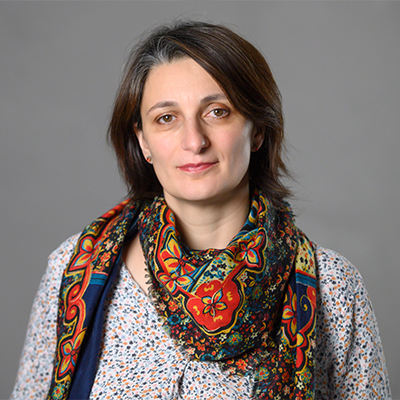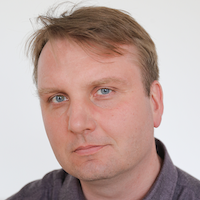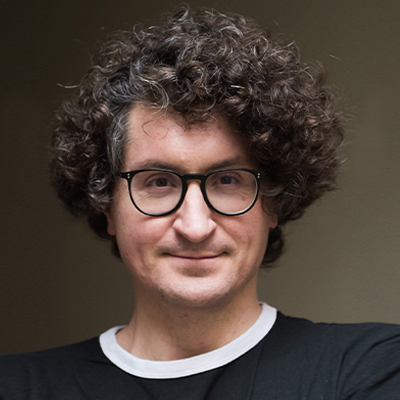Hi from Târgu Mureș-Marosvásárhely,
When the European Focus team started editing this newsletter, we asked ourselves the question: how can Europe tackle the growing threat of the far right? We were struck by the many grotesque, threatening, absurd faces of extremism from Bucharest to Tallinn, from Bratislava to Berlin, and from Warsaw to Paris.
We perceive it as a global threat, but we have to find the right tactics and methods to deal with it in Europe. After all, we have been revisiting this topic since the Second World War, and we reassure ourselves: never again.
For a year and a half, we have been horrified by the war against Ukraine. As we were editing this newsletter this weekend, more images of tragic mass killings were pouring in from Israel. We must face up to the inadequacy of the slogan “never again”.
What is needed is not slogans, but a real defence of life. This means tackling the social crises that fuel the far-right threat immediately and unconditionally.
In this week’s newsletter, you can follow where and how the far right is spreading across Europe.
Boróka Parászka, this week’s Editor-in-Chief
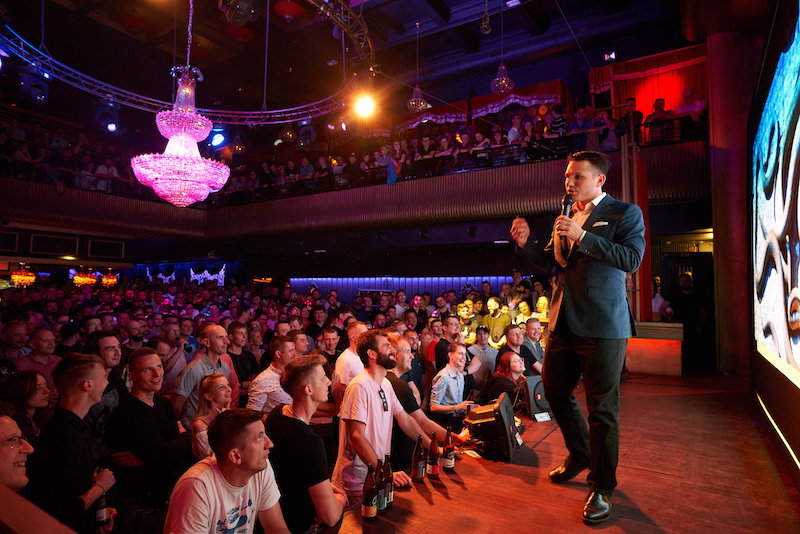
He is young, unafraid of controversy and taking new voters by storm. Slawomir Mentzen, 37, is the rising star of Poland’s far-right party Konfederacja. This new party is expected to win around 10 percent of the vote in parliamentary elections on Sunday.
Konfederacja will owe this to Mentzen, who has boosted the party’s poll numbers. He is particularly popular among men in the 18-39 age group.During the campaign, hundreds of young men queued up outside meetings with him across Poland called ‘Beer with Mentzen’.
At these events, he takes the stage and, with a mug of beer in one hand and a microphone in the other, he talks about his views on taxes, immigrants, and the welfare system. He would gladly abolish them all.
These ideas appeal to Poland’s young, who do not use the health service as much as the elderly, and regard the taxes they pay as a necessary evil. They expect simple answers to complex questions.
Mentzen owns a law firm that deals with “so-called” tax optimisation, and a brewery. During his beer meetings (where Mentzen gets increasingly drunk, which also pleases the public), the politician is supposed to show the softer face of the far-right party. Konfederacja’s other radical politicians have been sidelined for the duration of the campaign.
Meanwhile, Mentzen himself shares the same extremist views. In 2019, he said: “We don’t want Jews, homosexuals, abortion, taxes and the European Union”. Now he is adding Ukrainians, who he says are draining the Polish tax system and receiving overly generous benefits from the state.
The Confederation’s anti-Ukrainian campaign is also the reason why the ruling Law and Justice party has turned against Ukraine in recent weeks. With an Ukraine-sceptic approach, the governing party hopes to siphon voters from this far-right group.

Estonia’s radical party Eesti Konservatiivne Rahvaerakond (EKRE – the Estonian Conservative People’s Party) is the most popular party in the country, but finds it hard to attract talented politicians.
When EKRE was part of the government from 2019 to 2021, its member Marti Kuusik was the first of four ministers for foreign trade and IT. He lasted just one day before allegations against him of domestic abuse surfaced.
The second EKRE foreign trade minister, Kert Kingo, disliked travelling abroad and speaking English. She was later charged with abusing her expenses.
EKRE brought in the third minister, Kaimar Karu, from outside its membership pool, and he was considered competent, but refused to join the toxic party, so the Conservatives replaced him with a loyalist who lasted nine months until the government fell.
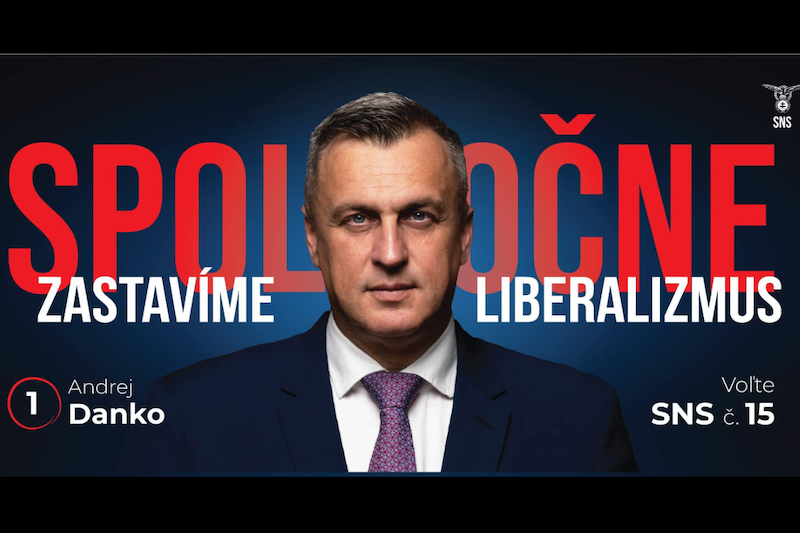
Slovakia is on the verge of appointing a new populist, nationalist government.
Robert Fico, the former Prime Minister, and his left-wing nationalist Smer party clearly won the elections earlier this month. Fico has just launched negotiations to form a coalition with the most pro-Russian political force in Slovakia – the SNS (Slovak National Party) – and the social democratic Hlas party.
If he is successful, Slovakia’s foreign policy orientation will change, most visibly regarding the war in Ukraine.
How did this happen, and why did the nationalist SNS do so well in the elections?
This is a very different SNS from the one Slovakia used to know. Of the ten people on its list who entered parliament, only its chairman Andrej Danko, is a member of the party. The rest are various conspirators and stars of the disinformation scene, given a place at the top by Danko.
Some of them used to be on the list of the Slovak fascist party, People’s Party Our Slovakia (ĽSNS). Another pair of new MPs come from the pro-Russian internet television channel, TV Slovan.
Affection for Russia is not their only strong theme. They want to unblock all disinformation websites and repeal the decrees on transgender people. Also, a doctor who spoke out against Covid vaccination and would like to deal with chemtrails (a conspiracy theory about trails left by aircraft) is also on board.
Thanks to them, Danko entered parliament, but it is questionable whether he can keep the non-party members under control, and not pay for the fact that he has turned a Nationalist party into a vehicle for conspiracy theories.
The only person who could have been able to stop this coalition is Peter Pellegrini, chairman of Hlas, who sees himself as pro-European and who came third in the elections. Pellegrini left Smer and founded his own party after the murder of Slovak journalist Ján Kuciak in 2018.
As kingmaker, Pellegrini could also have tried to form a government with the liberals led by Progressive Slovakia and the Christian Democrats. But in the end, he chose the populist and nationalist option.
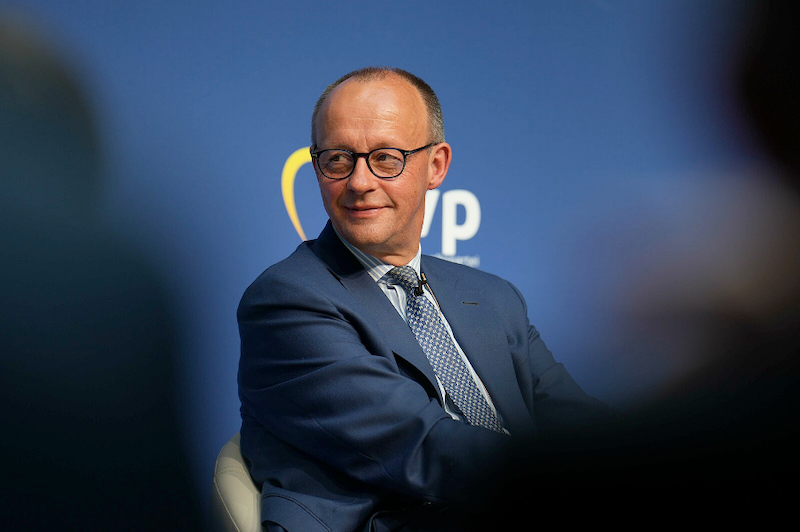
“If a district administrator or a mayor is elected who belongs to the AfD, it is natural to look for ways in which we can continue to work together in such a city.”
– Friedrich Merz, leader of the conservative party CDU
Germany’s Conservative CDU party’s deputies should cooperate with potential mayors from the far-right party AfD in local parliaments, according to CDU leader Friedrich Merz, in a statement that shocked the republic last July.
With this admission, he weakened his party’s 2018 resolution not to cooperate with AfD at any federal level, including in local parliaments. Following harsh criticism even from within his own party, Merz had to retract his announcement a few hours after it was made.
However, in mid-September, the CDU, together with the Liberal Democrats and the AfD, passed a law to reduce land taxes in the federal state of Thuringia against the left-green minority government. There was no significant outcry from within the CDU.
The AfD is also making huge gains. In the elections in Hessia and Bavaria last Sunday, the party became stronger than ever before in these states. AfD is now the second-largest party in Hessia.
In the eastern states, they are even heading for victory. Elections will be held in Thuringia, Saxonia and Brandenburg in 2024. The AfD is leading the polls in all three.

How different are France and Germany’s approaches to managing extreme right-wing movements? Bénédicte Laumond, lecturer in political science at the University of Versailles-Saint-Quentin-en-Yvelines, reveals the contrasting policies.
What policies does France have to combat right-wing radicalism?
France has no real public policy against right-wing radicalism. However, the public authorities take measures to curb certain right-wing extremist groups, for example by monitoring the activities of the most violent ones. When the judiciary sentences radical right-wing activists for hate speech, it also regulates the activities of this political faction.
How can France better equip itself to combat this problem?
It is possible to transfer certain German measures to France, but they must be adapted to the French political culture, which is characterised by a watertight division, in people’s minds, between radical right-wing parties such as the Rassemblement National and non-party radical right-wing groups, which are more prone to violence.
For most French people, it is unacceptable to touch the former, while the latter can be the subject of measures that are, for the moment, repressive. The introduction of preventive initiatives to limit the influence of the latter could be an interesting option.
How is Germany different in its approach?
In Germany, right-wing radicalism is framed as a potential threat to the liberal democratic order, justifying the implementation of a coordinated set of repressive and preventive measures. In 1949, Germany enshrined in its constitution the need to guard against so-called extremist movements, i.e. those actively opposed to the values enshrined in the constitution.
As a result, the Germans have developed a series of interrelated measures to contain the influence of extremist groups. Over the past twenty years, the German authorities, supported by a mobilised civil society, have invested heavily in the development of federal, regional and local programmes to prevent right-wing radicalism.
These programmes fund civil society initiatives to combat right-wing radicalism on the ground, from programs to help radical activists disengage, to popular education projects and cultural events to promote tolerance.
Thanks for reading the 47th edition of European Focus,
Dear readers who are depressed by the news of economic, political and war crises, we know this week’s issue is not a harbinger of good news.
But the newsletter helps us to know that we are not alone. There is a common European perspective from which we can face the threat of the far right.
Keep calm and see you next Wednesday!
Boróka Parászka

